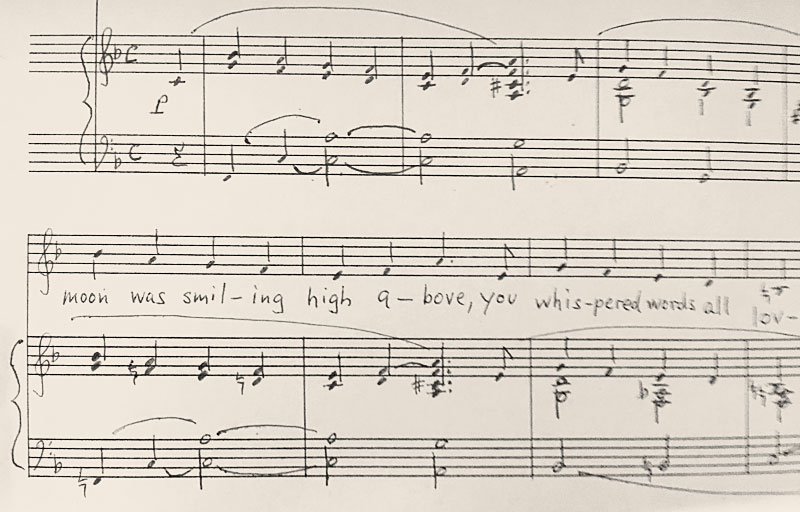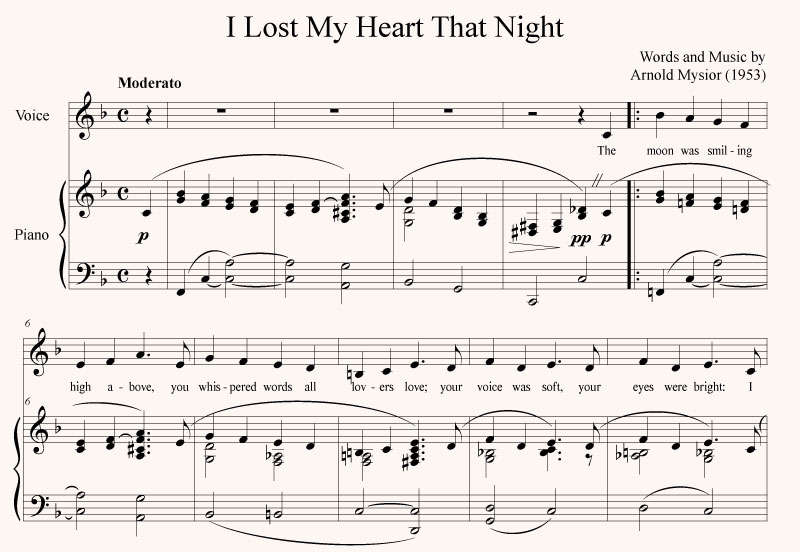Poem by A.M. Rilke
Length of complete piece: 1:30
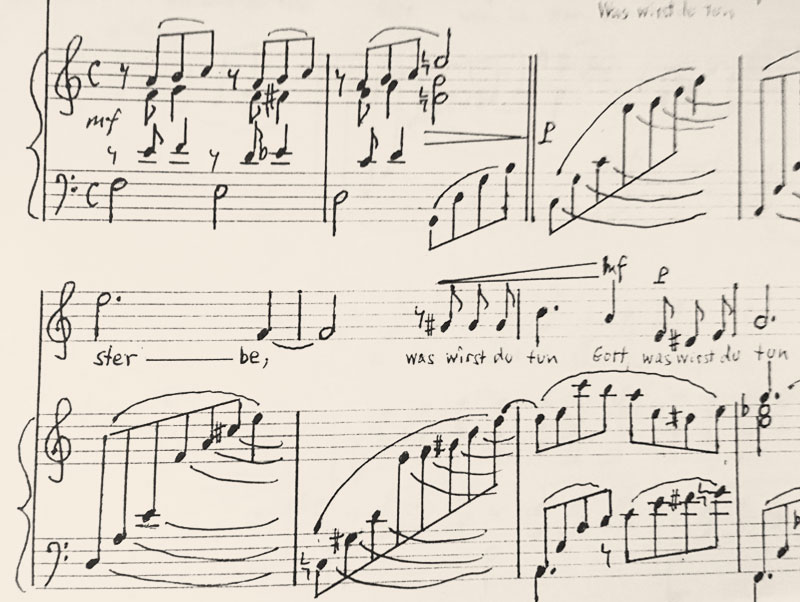
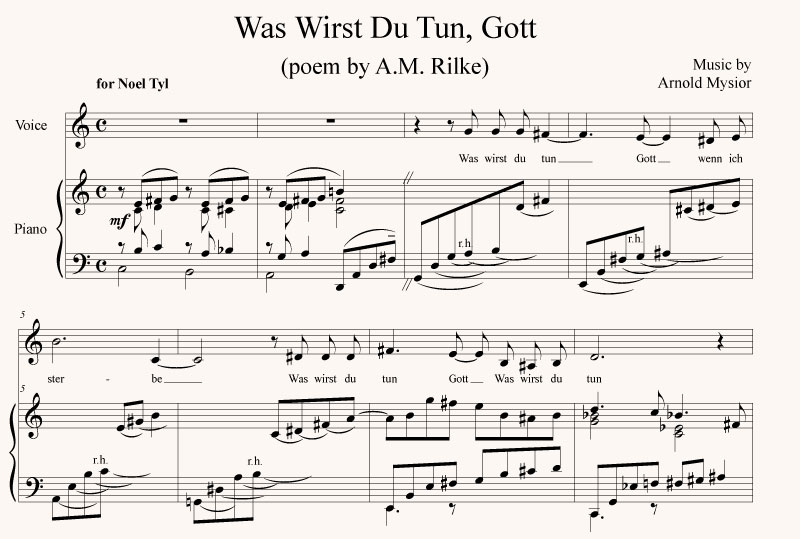
Length of complete piece: 1:30


As soon as our ship landed (I don’t remember where) we were transported to Ft. Dix for discharge. I called Lotte from Dix and said: “Can we get married tomorrow?” And she said: “I’ll make all necessary arrangements.” And that is when a totally new music began!
Length of complete piece: 2:00
Recorded by: Michael Roberts
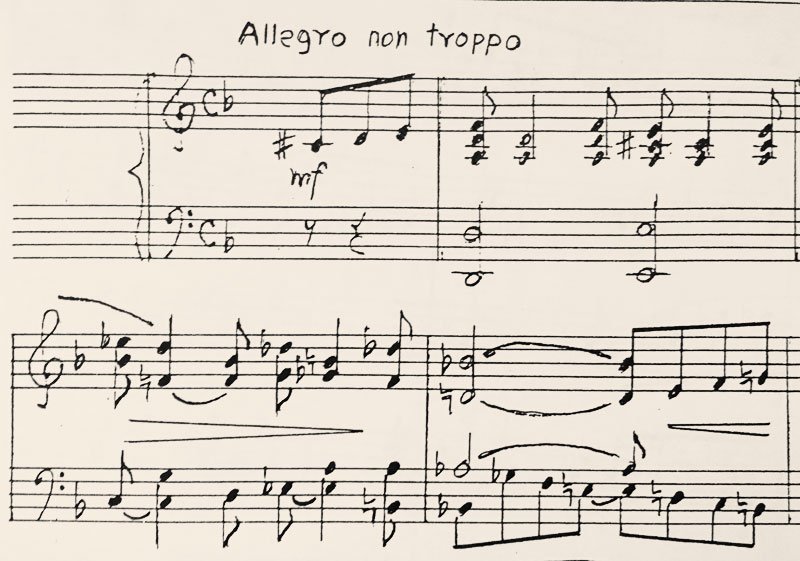
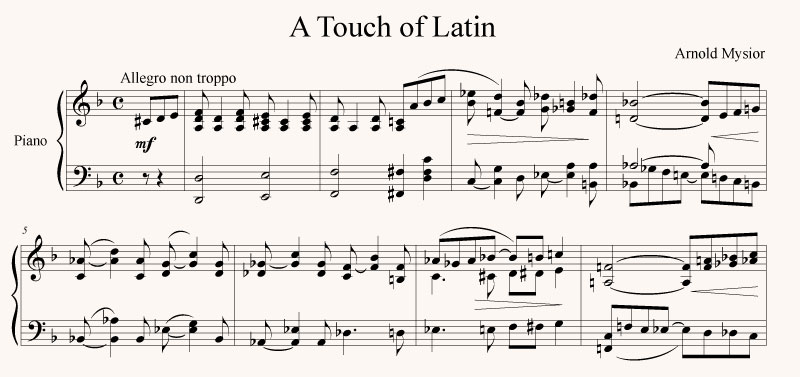
On 30 April, 1945, Hitler finally did what someone should have done to him twelve years earlier, and on 8 May, 1945, Admiral Doenitz signed an Unconditional Surrender. We had just arrived at the small town of Cham, close to the Czech border. So now it was no longer war but occupation.
Length of complete piece: 2:20
Recorded by: Michael Roberts

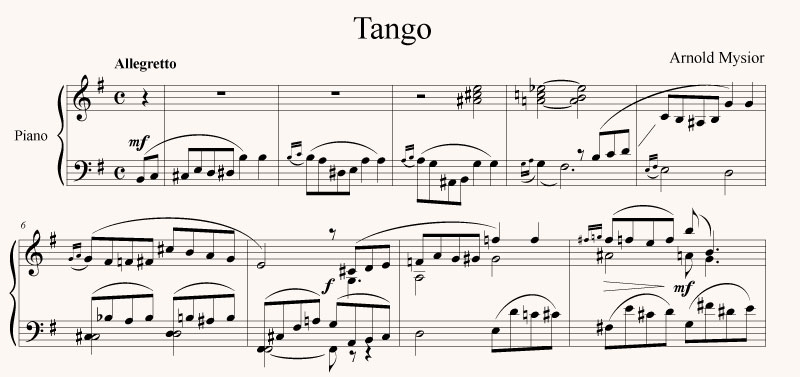
Length of complete piece: 2:20
Recording artist: Michael Roberts (and friends)
Listen to a sample of Tango:

Memories of my childhood are episodic, not much more than snapshops. Nothing at all before I was four years old. Then, on May 2, 1925, my father shot himself in the head in a hotel room in Berlin. I never found out why he did it, perhaps because I intuitively thought it better not to ask.
Length of complete piece: 1:45
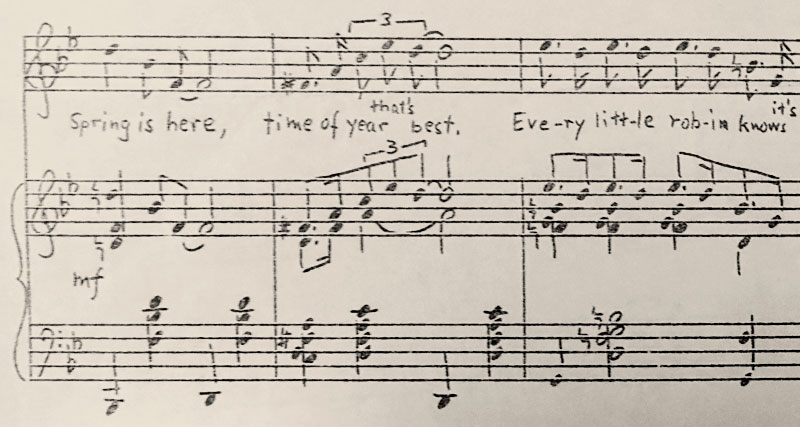
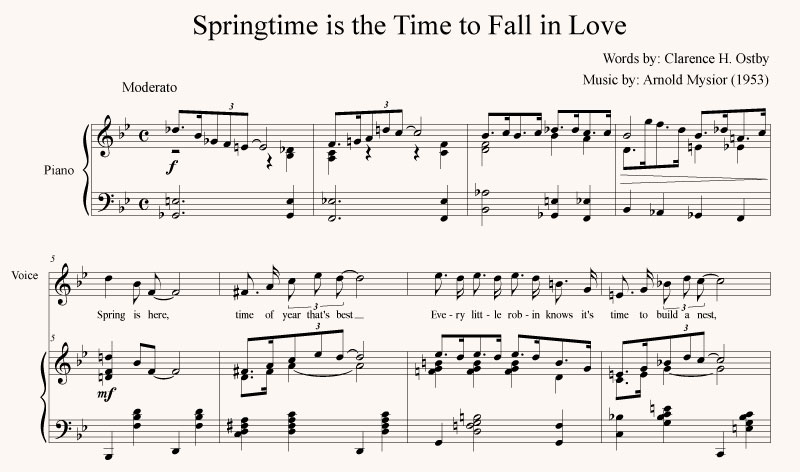
On December 7, 1941, Lotte and I were at her apartment, listening to the broadcast of the Sunday symphony, when the program was interrupted to announce that the Japanese had attacked Pearl Harbor and sunk several ships. The next morning I stood in line, with perhaps a couple hundred other guys, at the Navy Building on Church Street, trying to enlist.
Length of complete piece: 10:00 (3 movements)
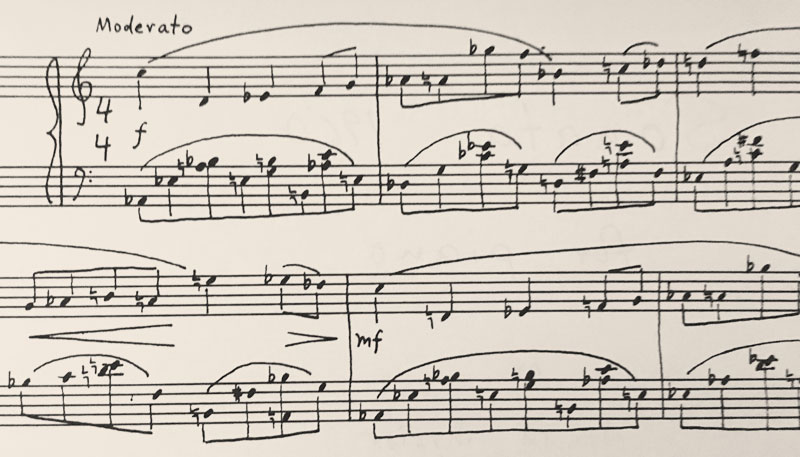
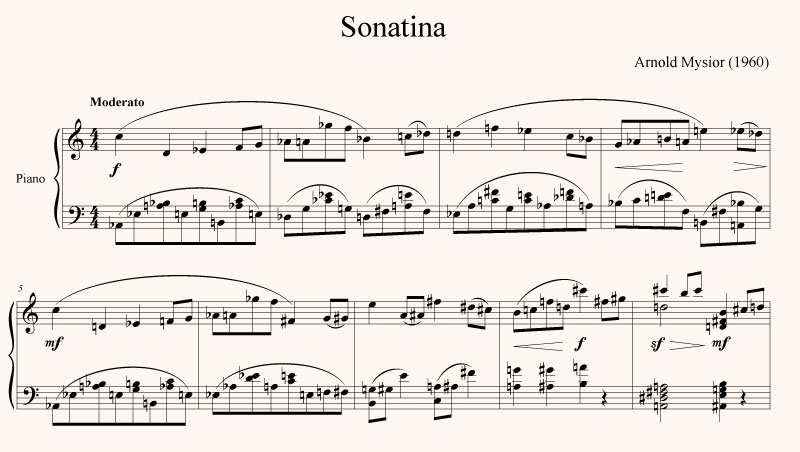
At one of the processing desks there sat a dignified-looking middle-aged soldier. I started a conversation with him and found he was the director of the Bremen Symphony. And I invited him to dinner at our house. I picked up my prisoner (he was not yet discharged) and brought him to the house. We had a fine meal, with wine and everything, and afterwards we listened to a recording of Brahms’ 3rd Symphony. Later, when I took him back to the camp, he said that he felt he was becoming civilized again… About eight months later, when I was back home, I received a letter from him, thanking me again for that evening. He had reestablished the orchestra, and he had opened the season with a playing of Brahms 3rd. That music became indelibly linked to that experience for me.
Length of complete piece: 3:15

Length of complete piece: 2:19
Recording artist: Michael Roberts and Yoko Greeney
Listen to a sample of Samba:
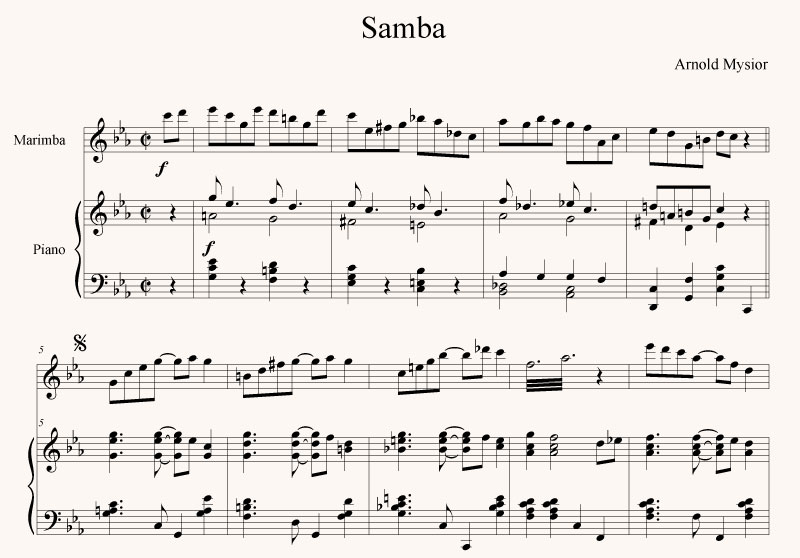
Length of complete piece: 1:10
Recorded by: Michael Roberts
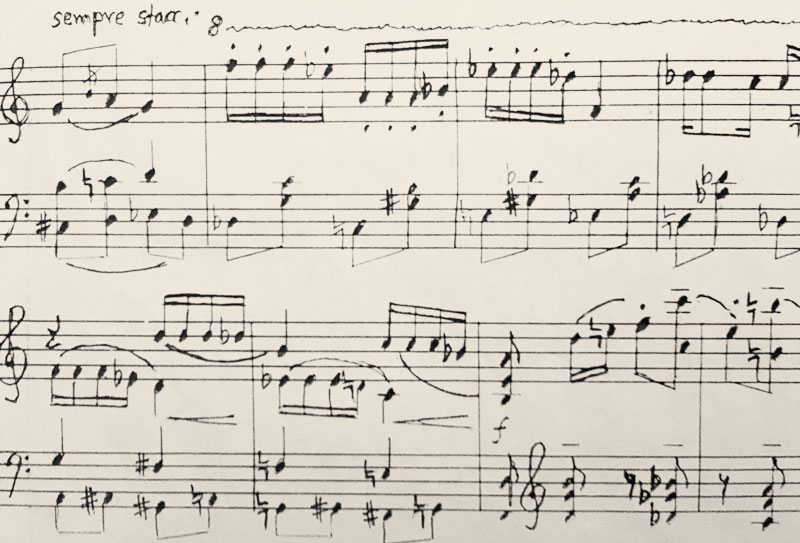
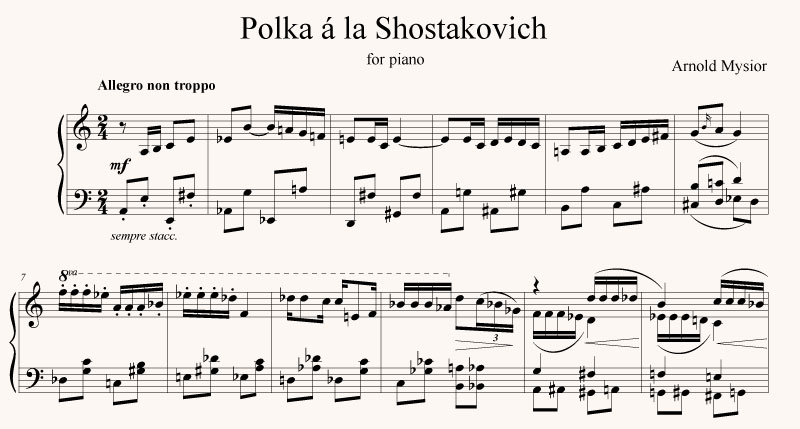
A little while later there were prisoners that didn’t look quite right to me. I said to the guy: “You don’t look like soldiers. Who are you?” And he said: “We are the Munich Symphony Orchestra.” Then I knew for sure that the war was over. And I said to him: “You will be making music soon, again.” (Two years later, when I was in Germany again, I heard them on the radio, being conducted by Knappertsbusch.)
Length of complete piece: 5:45
Recorded by: Michael Roberts
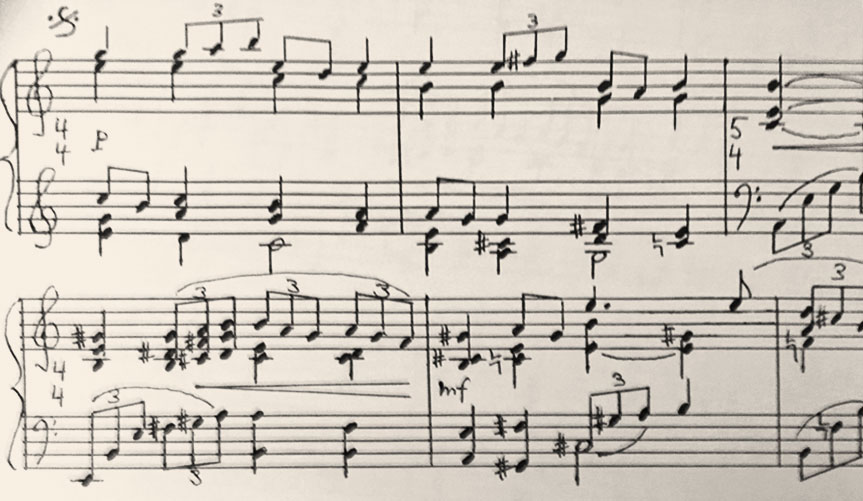
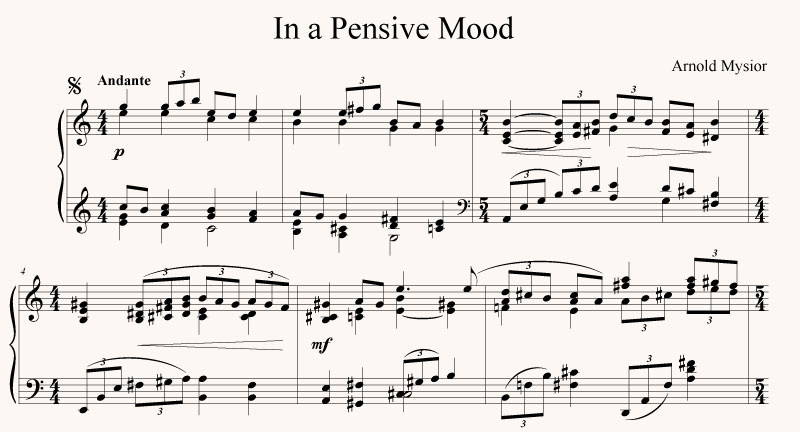
Kennedy’s casket was brought back by train from New York to Washington, and she was on that train. The entire funeral was televised, including the train ride (it took four hours), and I was glued to my set all day long… During the ceremony, Leonard Bernstein (a friend of the Kennedy family) conducted the strings of the New York Philharmonic in the Adagietto of Mahler 5th Symphony. As I watched the train roll for four hours, the music would not get out of my mind. Since then, wherever I hear that music I see the train.
Length of complete piece: 1:40
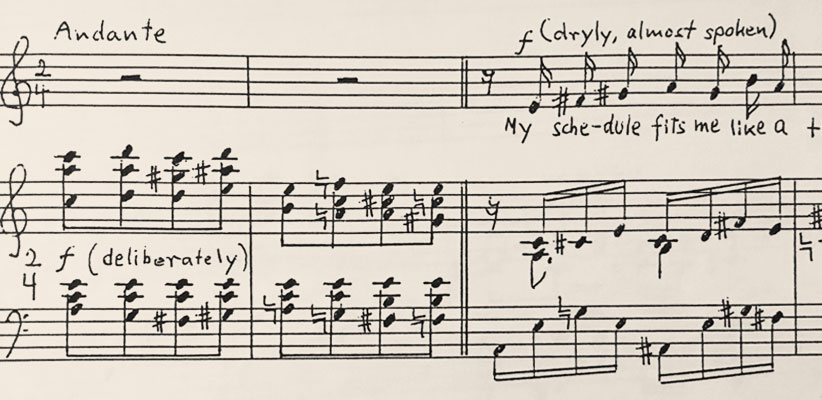
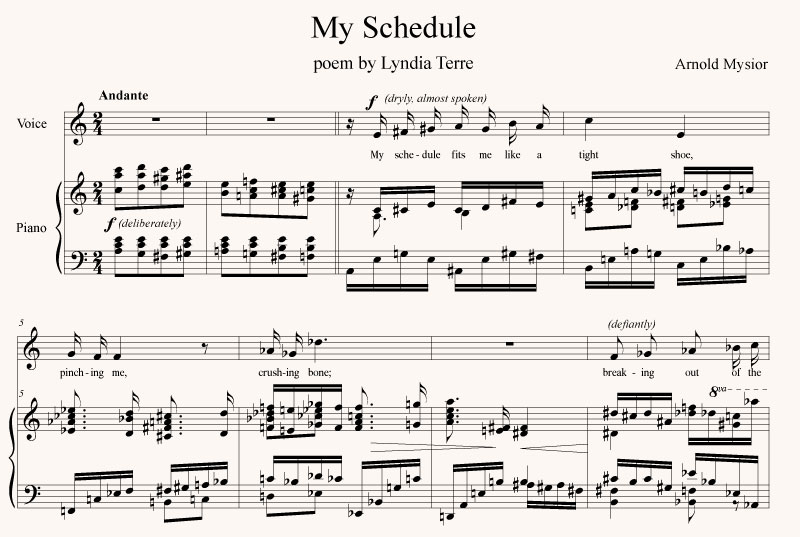
Length of complete piece: 2:10
Recorded by: Michael Roberts

Length of complete piece: 2:20
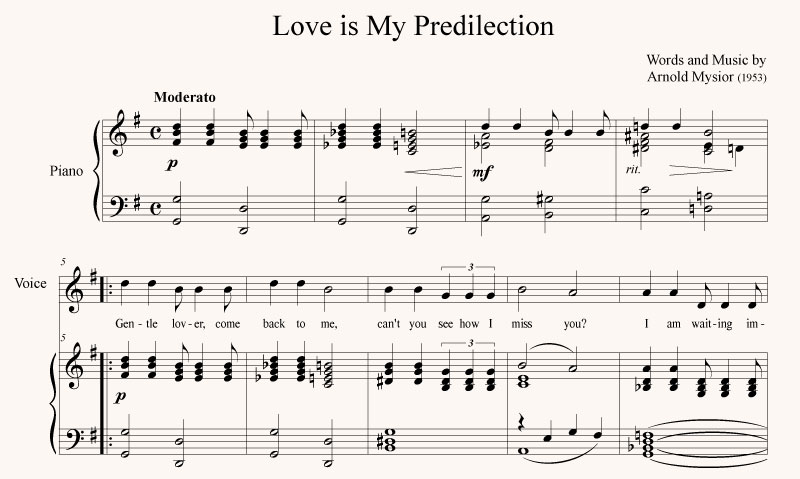
Length of complete piece: 2:15

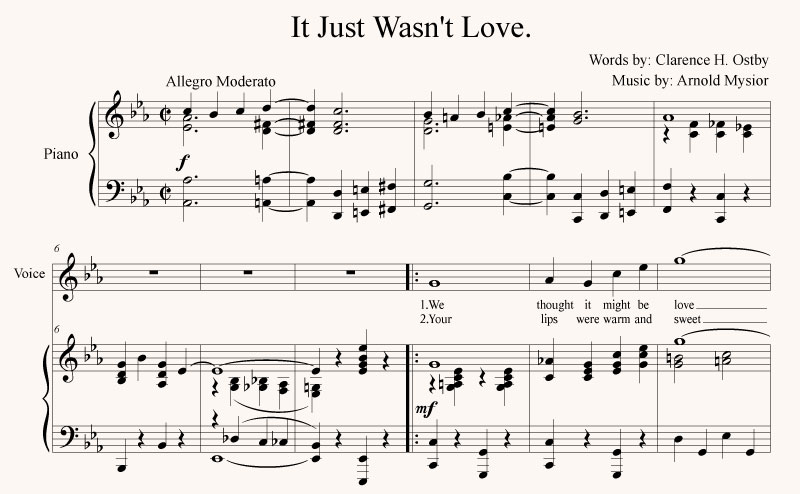
Length of complete piece: 2:25
